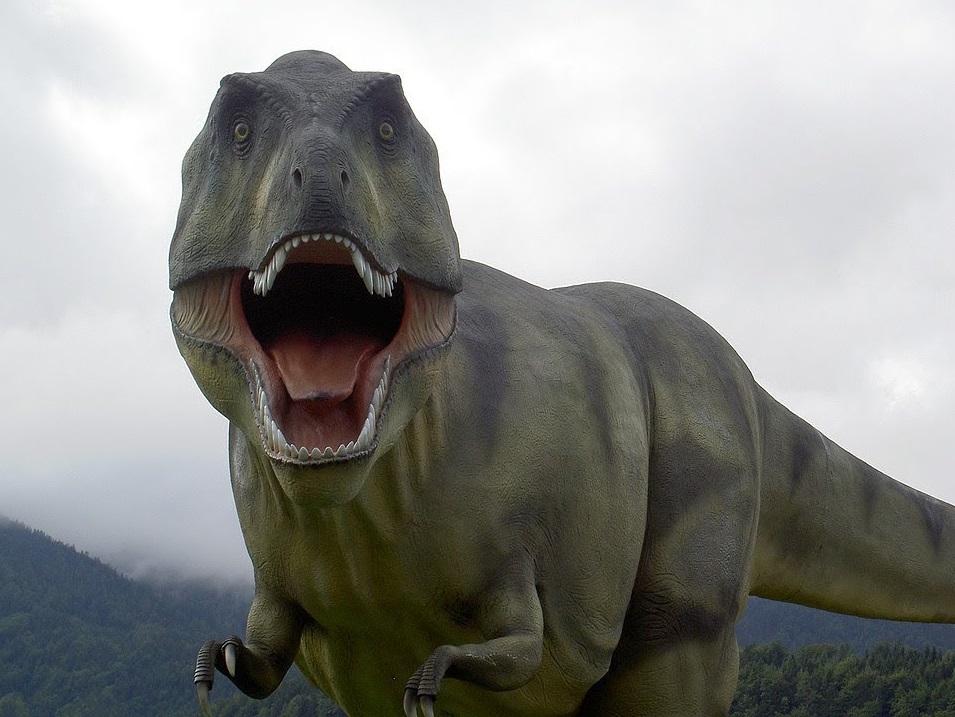
About 66 million years ago, 75 percent of life on earth went extinct. Over the years, scientists have debated whether it was massive volcanic eruptions or an asteroid that played the biggest role in the extinction of the dinosaurs. Now, a new study by Yale researchers is saying that evidence indicates that the asteroid impact was to blame. The team’s research has been published in the peer-review journal Science.
Most scientists acknowledge that the mass extinction event occurred at the end of the Cretaceous period after a six-mile-wide asteroid slammed into Earth off the coast of Mexico near the town of Chicxulub. Known as the Cretaceous-Paleogene (K–Pg) event, the asteroid strike kicked up a colossal cloud of dust and soot which caused global climate change which paved the way for the rise of mammals and the appearance of humans. Volcanic activity at the time coincided with the extinction event, leading some to wonder whether the asteroid strike or the volcanic activity was ultimately responsible for the dinosaurs’ demise.
Pincelli Hull, assistant professor of geology & geophysics at Yale and lead author of the study, decided to see whether she could find an answer to that question. Her team examined global temperature records, the carbon isotopes from marine fossils, and models to determine when the gas emissions from volcanos in the region known as the Deccan Traps in India occurred. Using geological and temperature records, they found that the toxic gasses started spewing sometime between 350,000 and 200,000 years before the asteroid impact.
While the gasses are believed to have caused a relatively large global warming event, temperatures and the ecosystem returned to its baseline before the asteroid hit. This appears to indicate that the asteroid was the sole driver of extinction. However, the researchers said that the volcanic gases may have played an important role in shaping the rise of different species after the extinction. Hull says that more research needs to be done to determine exactly how effects of the impact changed the evolution of ecosystems.
